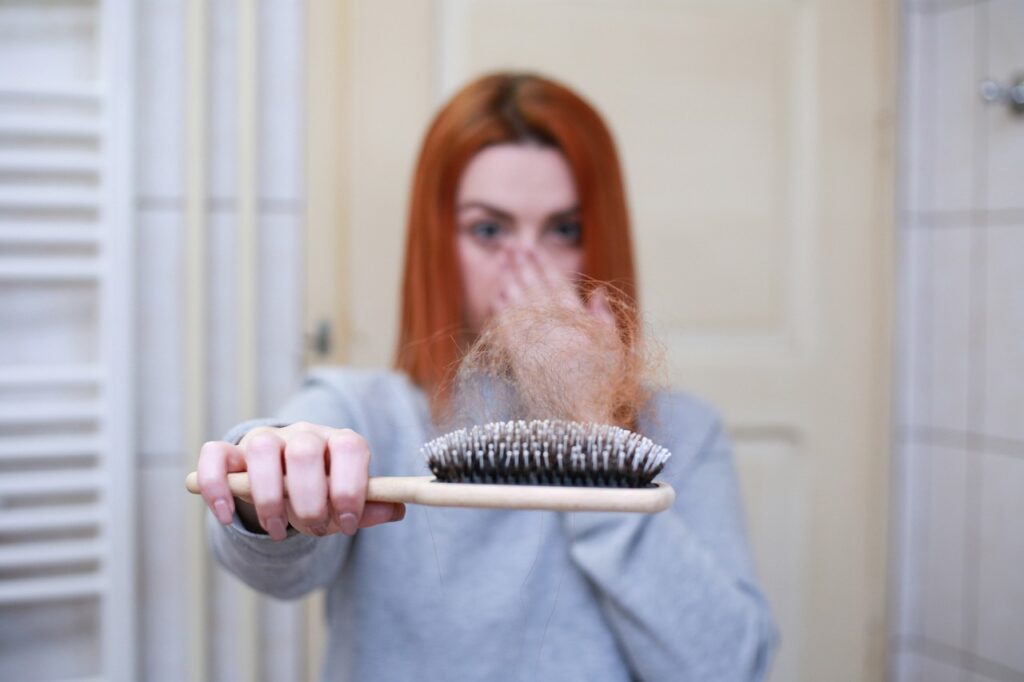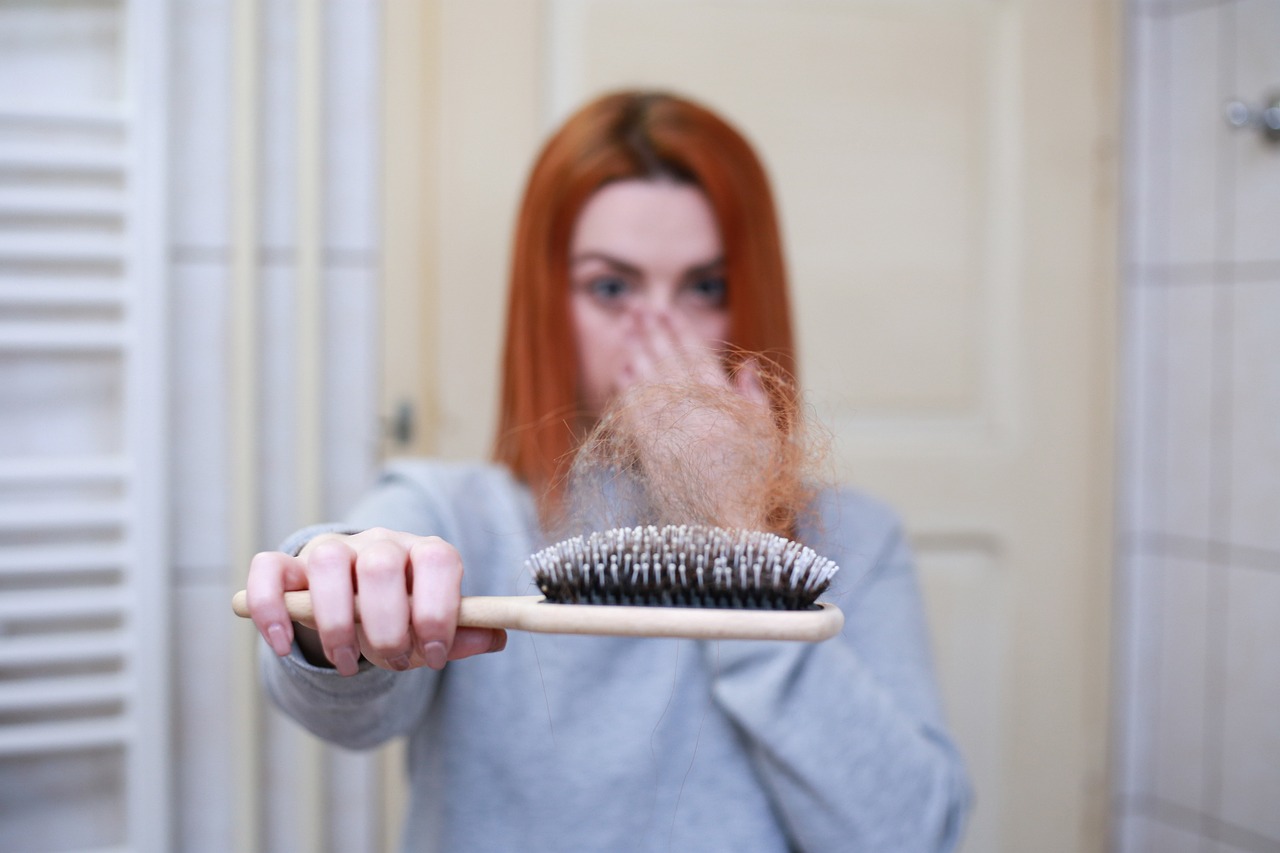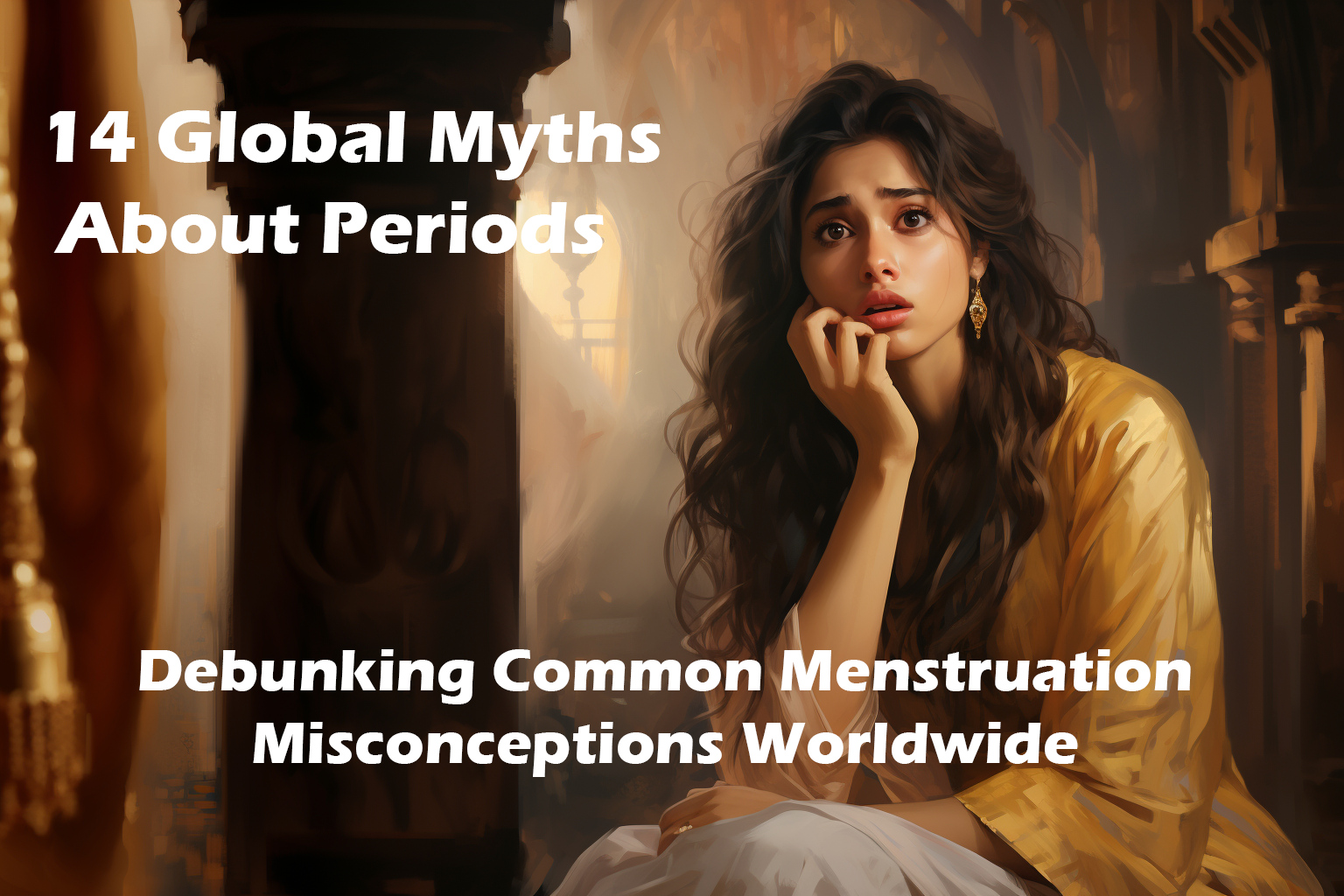
Hair loss is a common issue that affects millions of people worldwide. We know how distressing it can be to see those strands of hair on your pillow, in the shower, or on your hairbrush. Understanding the causes, prevention strategies, and effective solutions for hair loss is essential in helping you take control of your hair health. In this article, we will explore the various factors contributing to hair loss and provide evidence-based recommendations for managing and treating it.
Causes of Hair Loss
1. Genetics
One of the primary factors influencing hair loss is genetics. Hereditary-pattern baldness, also known as androgenetic alopecia, is the most common form of hair loss and affects both men and women.
2. Hormonal Imbalances
Hormonal changes can lead to temporary or permanent hair loss. Examples include pregnancy, childbirth, menopause, and thyroid disorders. Testosterone (male Hormone) plays a very critical role in male pattern baldness. High testosterone levels usually leads to hair loss that is generally not manageable.
3. Stress
Physical and emotional stress can trigger hair loss. This type of hair loss, called telogen effluvium, usually resolves once the stressor is removed.
4. Nutritional Deficiencies
Poor nutrition can contribute to hair loss. Deficiencies in iron, zinc, vitamin D, and protein can result in hair shedding.
5. Medical Conditions
Certain medical conditions, such as alopecia areata, lupus, and scalp infections, can cause hair loss.
6. Medications and Treatments
Some medications and treatments, like chemotherapy, can lead to hair loss. If you suspect your medication is causing hair loss, consult your doctor.
7. Hairstyles and Hair Treatments
Tight hairstyles and harsh hair treatments can cause traction alopecia, a type of hair loss due to tension on the hair shaft.
Prevention and Management
1. Proper Hair Care
Gentle hair care practices can help prevent hair loss. Avoid tight hairstyles, minimize heat styling, and use sulfate-free shampoos.
2. Balanced Diet
A balanced diet rich in vitamins, minerals, and protein can support hair health. Consider foods like spinach, eggs, and nuts.
3. Manage Stress
Stress management techniques, such as meditation, exercise, and therapy, can help reduce stress-related hair loss.
4. Address Underlying Medical Conditions
Treating underlying medical conditions may help resolve hair loss. Speak with your doctor if you suspect a health issue is contributing to your hair loss.
Effective Solutions
1. Minoxidil
Minoxidil is a topical medication approved for treating hereditary-pattern baldness. It can help slow hair loss and promote hair growth.
2. Finasteride
Finasteride is an oral medication that can help reduce hair loss in men with hereditary-pattern baldness. It is not recommended for women.
3. Hair Transplantation
Hair transplantation is a surgical procedure that involves moving hair follicles from one part of the scalp to another. This treatment can provide permanent, natural-looking results.
4. Low-Level Laser Therapy
Low-level laser therapy uses red light to stimulate hair growth. It is a non-invasive treatment option for hair loss.
5. Platelet-Rich Plasma Therapy
Platelet-rich plasma (PRP) therapy involves injecting the patient’s own platelets into the scalp to promote hair growth. More research is needed to determine its effectiveness.
Conclusion
Hair loss can be a distressing experience, but understanding its causes and potential solutions can empower you to take charge of your hair health. By addressing underlying issues, practicing proper hair care, and considering evidence-based treatments, you can effectively manage and treat hair loss. It’s essential to consult with a healthcare professional before starting any treatment or making significant lifestyle changes to ensure the best course of action tailored to your individual needs.
Warning: This article is for informational purposes only and should not be considered medical advice. Do not attempt self-medication or self-treatment without consulting a healthcare professional.






One thought on “Unraveling the Mystery of Hair Loss: Causes, Prevention, and 5 Effective Solutions”